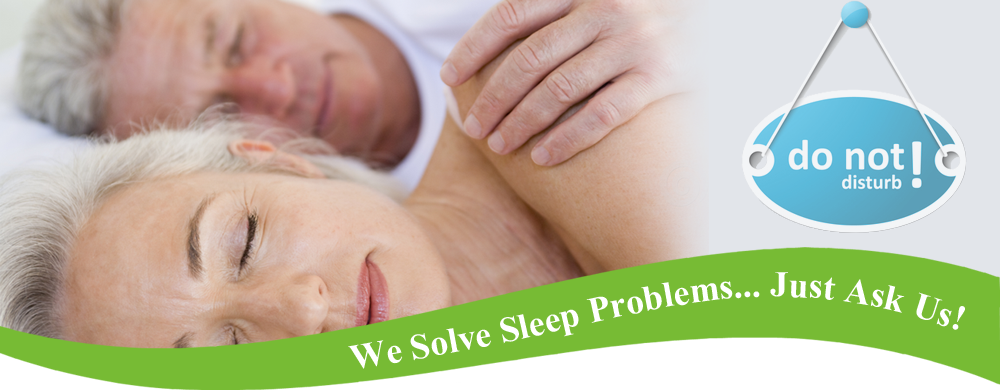Sleep Disorders
Even though most Physicians are not aware that there are almost eight conditions that cause sleep disruptions. The International Classification of Sleep disorder emphasizes on diagnosing and treating the most common Eight Ailments which are:
1.Bruxism: Grinding teeth, resulting in sleep disruption.
2. Central Sleep Apnea: Interruption of normal breathing cycle during sleep due to a disease of the central nervous system or a heart problem causing excessive drowsiness during the day, snoring, noisy breathing and shortness of breath.
3. Gastroesophgeal Reflux: Regurgitation of food, indigestion and heartburn interrupting sleep.
4. Insomnia: Inability to fall asleep, frequent waking, and short, interrupted, non-refreshing sleep.
5. Narcolepsy: Uncontrolled bouts of sleep preceded by hallucinations, followed by muscle weakness and sleep paralysis.This often occurs in conjunction with cataplexy, which is a sudden weakness in the body muscles that lead to loss of muscle tone and result in collapsing to the floor.
6. Obstructive Sleep Apnea: Physical obstruction in the breathing pathway leading to snoring and excessive drowsiness. Headaches, especially in the morning and tiredness throughout whole day.
7. Periodic limb movement disorder: Sleep disturbed by limb movement.
8. Restless leg syndrome: Sleep disruption due to leg movements caused by discomfort, irritation, tingling or numbness in legs.
At sleepcentermd we are able to identify the above from less common sleep disorders like:
1. Delayed sleep phase disorder (DSPD): Inability to wake up and go to sleep at socially and daily activity acceptable times but no problem with continuing to remain asleep , this is basically a disorder of the body inner clock or what is known as the circadian rhythm.
2. Advanced sleep phase disorder (ASPD): non-24-hour sleep–wake disorder (non-24), this is a disrupted and irregular sleep wake cycle, which is by far less common than DSPD, other disorders that may lie within this category are jet lag and shift work sleep disorder.
3. Hypopnea syndrome: Disordered shallow breathing movement or slow breathing rate while sleeping.
4. Idiopathic hypersomnia: A primary, neurologic hypersomnia, that is often difficult to differentiate from narcolepsy.
5. Insomnia disorder: Persistent and long term difficulty in falling asleep and/or continuing to sleep when no other explanation could be identified for these symptoms.
6. Kleine–Levin syndrome : A rare sleep disorder characterized Mood swings together with recurrent instances of hypersomnia and cognitive impairment.
7. Night terror: Pavor nocturnus, also known as sleep terror disorder: abrupt awakening from sleep with behavior consistent with terror this is by far more severe, recurrent and persistent than regular nightmares.
8. Nocturia: A frequent waking up at night in order to urinate not caused by an organic ailment such as Prostatic enlargement It differs from Enuresis, or bed-wetting, in which the person does not get up from sleep, but the bladder nevertheless empties.
9. Rapid eye movement sleep behavior disorder (RBD): Acting out and responding to violent or dramatic dreams while in REM sleep, sometimes injuring bed partner or self .
10. Sleepwalking : Performing daytime regular activities such as eating or dressing, which may include walking, without being aware of any of these acts.
11. Somniphobia: Somniphobia is fear of falling asleep or going to bed that is so severe to cause sleep deprivation. Patients might show evidence of anxiety and panic attacks at bedtime.
12. Menstrual-related hypersomnia: Very Rare and often attributed to a Psychiatric disorder.
13. Other Rare and Psychiatric element contributory factor that is thought to play a role are :Sleep talking (or somniloquy), Sleep sex (or sexsomnia)
14. Exploding head syndrome: Waking up in the night hearing loud noises.
We advise all of our patients to keep a Sleep diary Tracking and detailing sleep patterns and habits. may help a doctor reach a diagnosis.







